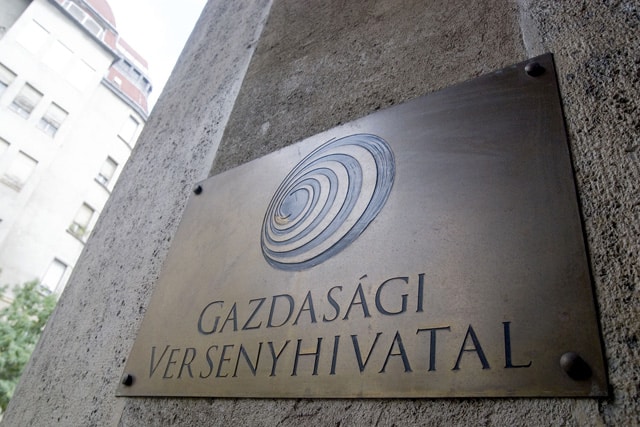The Hungarian Competition Authority (GVH) started a procedure against Hermina Center Kft. because it suspects that the company gave false impressions to consumers on its social media site.
During the procedure which started on 18 October 2018, GVH reviews the company’s communication on its social media site. The presumption of the Competition Authority is that the pictures and illustrations of houses on the company’s web- and social media site give the impression to consumers that those show real estates offered by the company (which may not be true). The authority also expressed concerns on the company’s advertisements on ‘passive houses’ that presumably do not meet the requirements to be called as such. GVH will also examine if the company’s behaviour met the requirements of professional diligence when negative comments on its social media site had been deleted, and only positive comments remained on the site.
The behaviours in question will be examined pursuant to the provisions of the act on the Prohibition of Unfair Commercial Practices against Consumers. This act contains restraints on commercial communication and other practices to avoid negative influence on the consumer’s decision-making process. According to the GVH’s practice, the choice of the brand or the company is already a part of the consumer’s decision-making process. Therefore, it is forbidden to influence already this part of the process.
For example, a commercial practice is unfair if it is unable to meet the requirements of professional diligence and distorts consumer behaviour, and the company’s social media communication may not meet such requirements. Advertising of real estates as passive houses that do not meet the requirements of passive houses may be interpreted as a misleading statement since commercial practices containing unreal information are misleading.
Whether these practices are actually against the law that is on the GVH to decide during the procedure. If an unfair commercial practice is established, the company may face a severe fine. Whatever the decision will be, the case shows that it is not worth to take undue credit.
